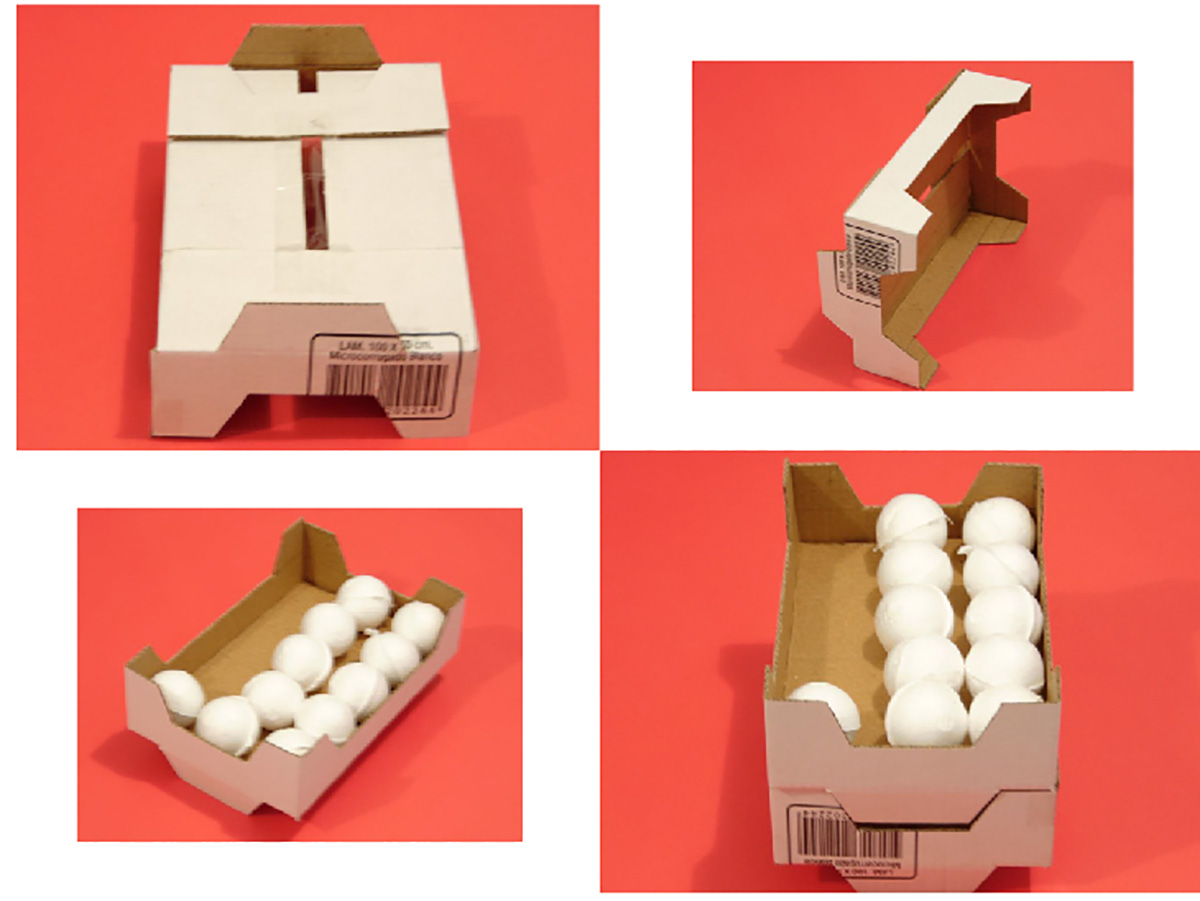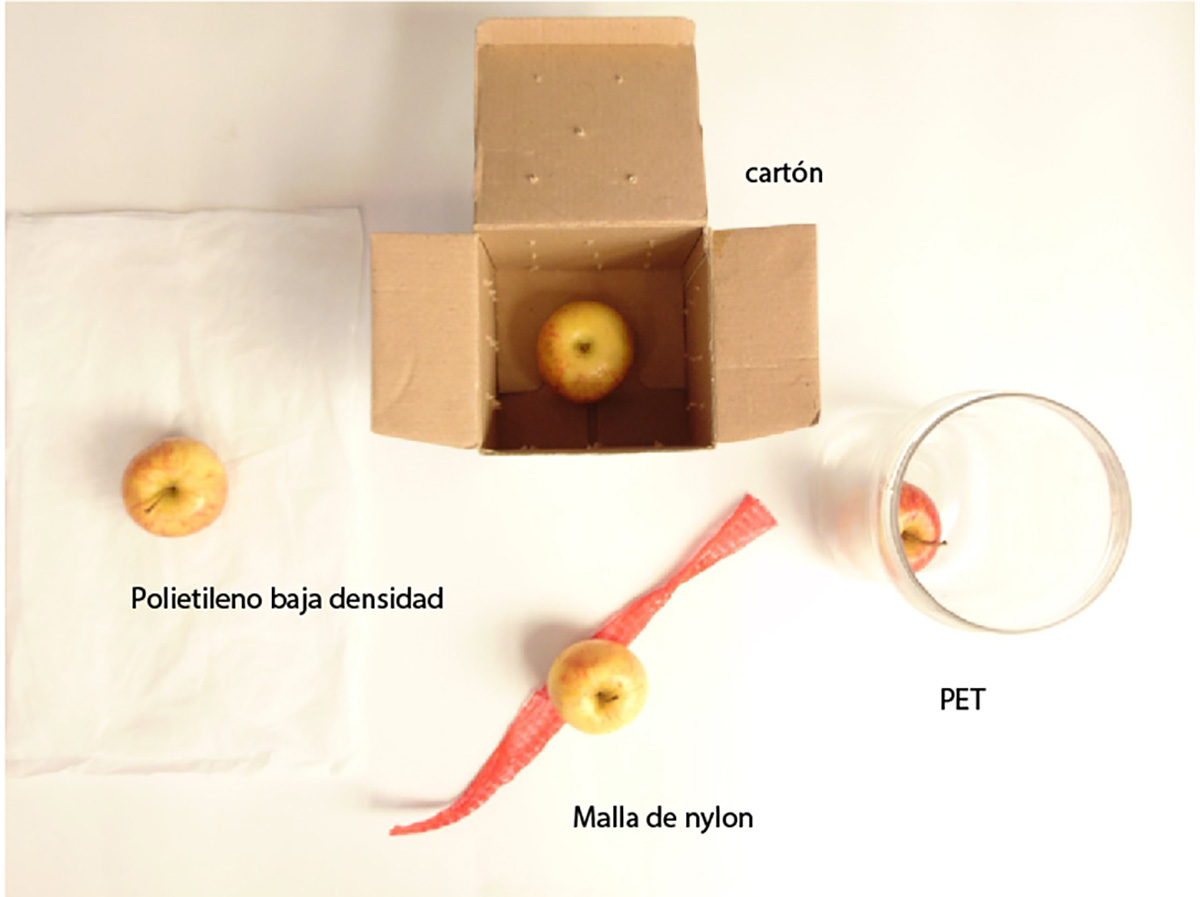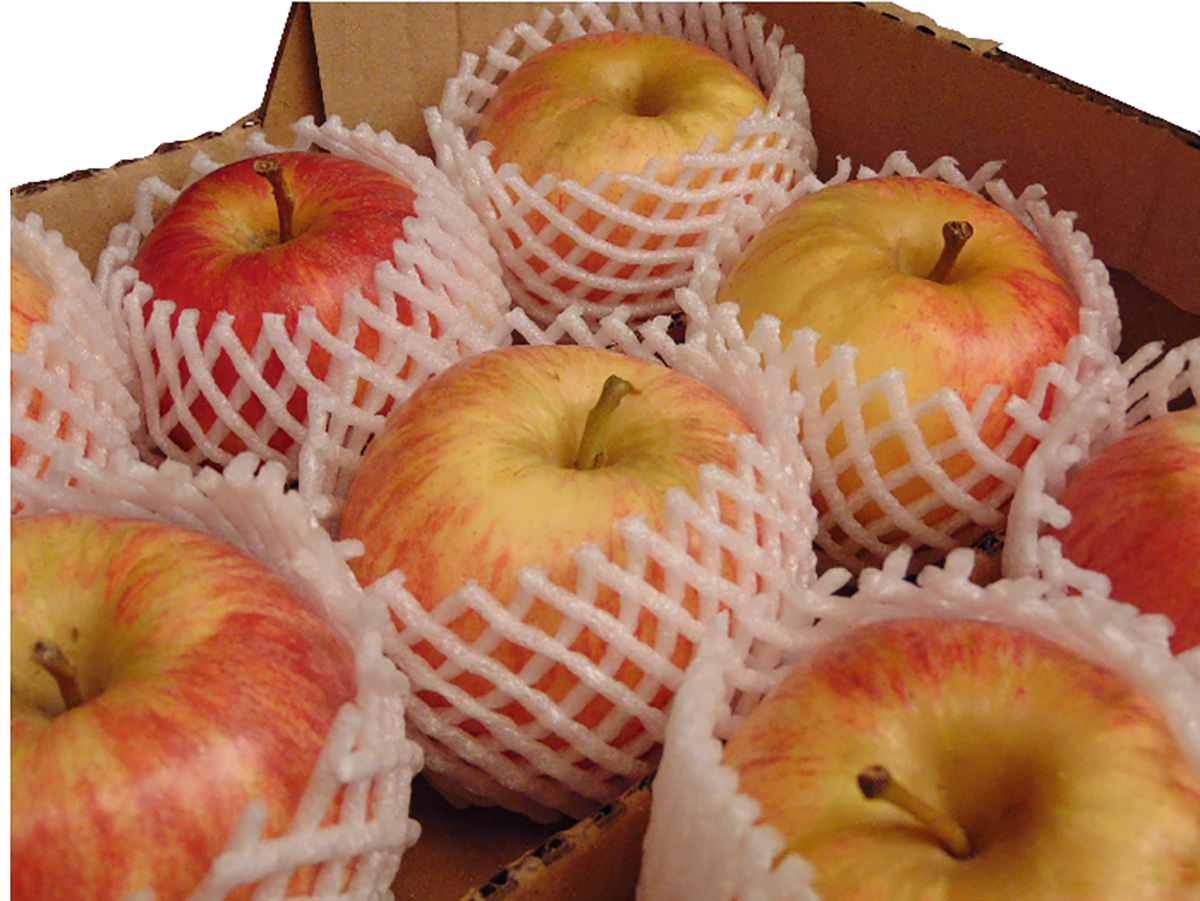The boxes were manufactured by a team of Universidad Nacional de Colombia (UNal) industrial designers have an individual polyethylene protection which protects each apple.
These models were made by UNal-Bogotá Industrial Designer William Echeverry Ayala with the purpose of maximizing transportation protection of these fruits and strengthening the local economy.
Soracá is located close to 4 miles from the city of Tunja and produces around 30,000 apples every semester, of which 21,000 end up in good shape.
However, Echeverry observed that the fruits were packaged in plastic bags which were not the best for the apples as they did not help preserve the fruit and increased the risk of scratches decreasing their economic potential. The product was often left unnoticed; people ignored it and obviously did not know where it came from.
The new package designed by Echeverry is made of cheap, resistant cardboard which may be reused. Producing a box which holds 27 apples costs approximately COL $150 (US $0.05); although its price in the market is approximately COL $16.000 (US $ 5.24). It measures 60 x 25 x 9 cms.
The individual protection mesh measures 7.5 x 6 cm. and is made of polyethylene which protects all the features of the apple providing aeration to the fruit.
Furthermore to expedite transportation, they designed a packaging system which holds up to 40 boxes comprised of a plastic pallet to stow five rows and eight columns. It is then wrapped with plastic film and fastened with nylon ties to prevent moisture.
The fruit producers of Soracá love the new presentation. Echeverry carried out a survey to gauge the acceptance of the product with very high approval rates. People like the presentation, are committed and are also pleased as it strengthens the identity of their territory.
Echeverry is assessing the possibility of adapting the packaging system to other fruits such as pears, plums, and peaches. These crops are managed by the Juan de Castellanos de TunjaUniversity, which also supported the apple packaging project.
Echeverry"s project entitled, "Design of a package for shipping and handling of apples to strengthen agricultural competitiveness" is currently being showcased at the UNal-Bogotá XV Industrial Design Salon.
 Correo Electrónico
Correo Electrónico
 DNINFOA - SIA
DNINFOA - SIA
 Bibliotecas
Bibliotecas
 Convocatorias
Convocatorias
 Identidad UNAL
Identidad UNAL







